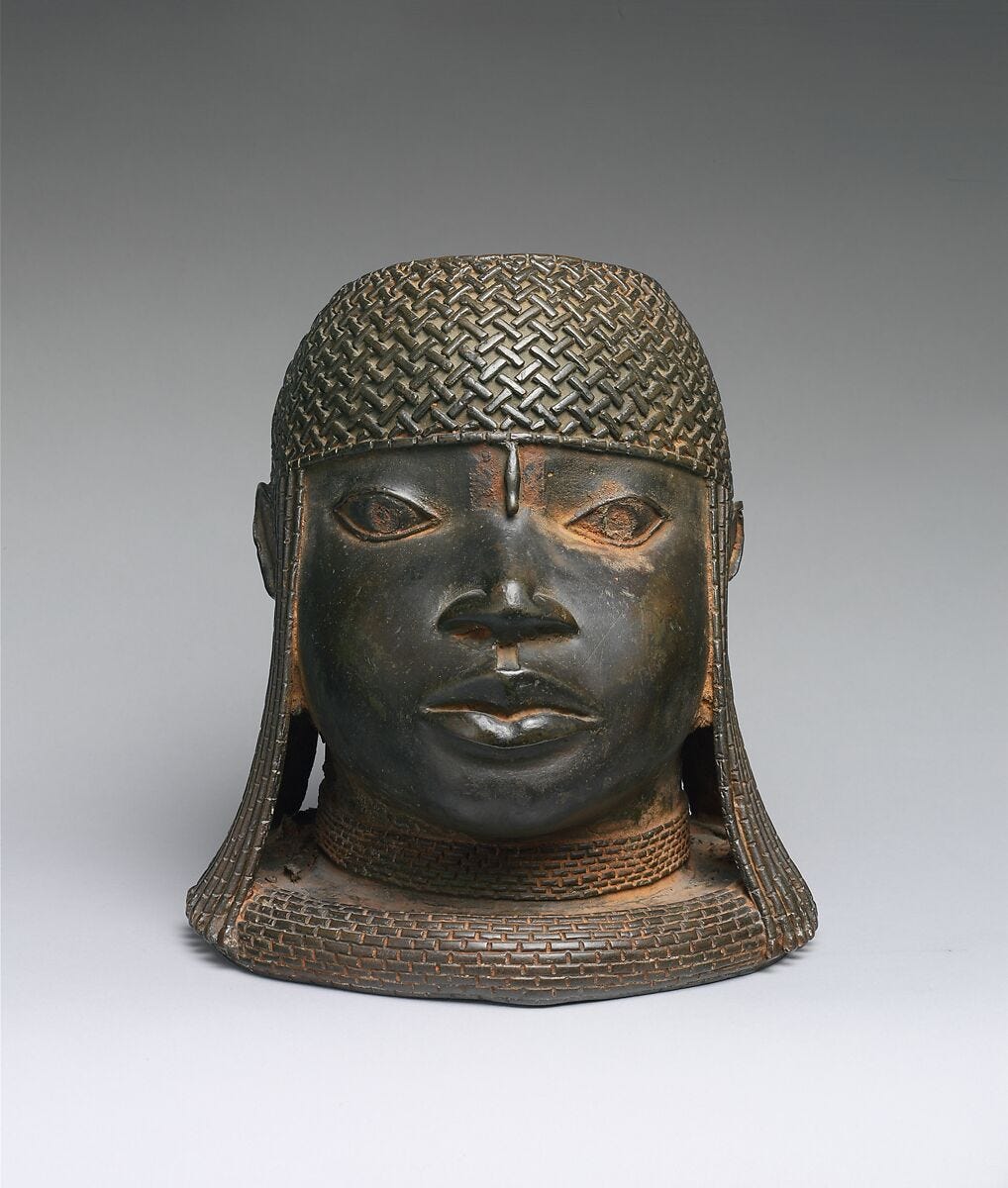Review of Thornton's "Warfare in Atlantic Africa." (1998)
John K. Thornton, Warfare in Atlantic Africa, 1500-1800 (1999), 209

John Thornton’s Warfare in Atlantic Africa is a short book, but one with significant implications for those studying African, Atlantic world, and colonial American history. A sweeping survey of the entire west coastline of Africa, Thornton emphatically demonstrates the need to take seriously the agency and power of Africans in the Atlantic world from 1500-1800 by looking at the military power, tactics, and army structure.
Thornton’s book is centered around several key contentions that are traced across six chapters that each cover a distinct region of Africa. While he notes that these regions are artificial impositions and that each culture is unique with their own military styles, I found the groupings helpful.
For his arguments Thornton first notes that Africans, contrary to popular memory or to scholarly portrayal, were not “primitive” or simply involved in minor raids or tribal wars. Thornton demonstrates throughout his book that warfare was not only highly advanced and cutting edge, but also that these tactics evolved and shifted with the introduction of firearms. Rather than be peoples stuck in time, African cultures are dynamic and variable.
Second, Thornton focuses on the elaborate military and state structures that were formed across regions. While some developed highly centralized empires, other regions, such as the Gap of Benin, were split into smaller kingdoms for much of the period. The evidence of warfare as a means of statecraft, and Thornton’s careful tracing of differences between states and peoples gives this book much of its strength, particularly as he shows that there was not one simple way of African warfare, but many. Interestingly he follows these patterns of warfare across the Atlantic and into the maroon and slave rebellions that occurred across the European colonies in America.
Finally, Thornton argues that European influence in driving African decisions to go to war is overexaggerated. Thornton effectively throughout shows how Europeans, though interested and at times meddling in African affairs, were not the leading figures in African politics. Rather, they served as a convenient outlet for states to acquire more capital in their own wars, but were not the causes of the wars. The slave trade was key, but Thornton notes this could not have been possible without African cooperation and support.
There is much to like about Thornton’s efforts and much to expand upon. While some will certainly be irate at his downplaying European control of growth of the slave trade, however I find this argument more accurate and less mythical. This argument gives much more agency to all participants in the slave trade and explains better the success of some of the rebellions in the New World.
I emphatically agree it is time to retire “crude models” and “folklore” of African participation in the slave trade and move towards a more complex Atlantic World that allows Africans of the past to be remembered not as mythical victims, but as humans part of an increasingly interconnected and violent world.
Robert Swanson



